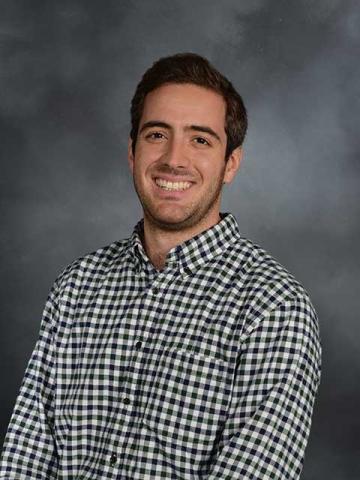
The Weill Cornell Medicine Center for Global Health is a part of the NIH Global Health Network and supports major international programs in Brazil, India, and Tanzania. With over 20 core faculty members and 30 collaborating faculty, The Center for Global Health aims to improve the health of individuals in resource-poor countries through research, training, and service. These long-standing international partnerships have yielded both research and clinical activities for internal medicine residents.
Second- and third-year residents have the opportunity to participate in any of the three structured international health rotations under the supervision and direction of Weill Cornell Medicine faculty. members.
The program supports other international medical rotations, if residents wish to pursue experiences in other locations, and has a Global Health Interest Group with focused topic discussions and two social events annually.
For those interested in advanced training in global health, the department offers a three-year global health research fellowship. The Weill Cornell Global Health Research Fellowship is designed to train generalist clinician-scientists for academic careers in global health research. This innovative fellowship is tailored to provide clinical time working as a hospitalist, as well as dedicated time for field work and research training. Intensive mentorship is a key component of the program under the direction of Drs. Daniel Fitzgerald and Margaret (Molly) McNairy. Additional details are available here.
Chief Resident Nicolas Herrera Crosta completed his Global Health rotation in Tanzania at the Bugando Medical Centre during his PGY-2 year. Here, he recounts his experience and shares what he learned.

Why did you choose to do a Global Health rotation?
Global Health has always interested me, but I never had the opportunity to explore professional avenues within that area of medicine. Tanzania presented an incredible opportunity to experience clinical medicine in a very different context and gain a better understanding of research taking place in Global Health. From a personal perspective, it was a unique privilege and adventure to explore a new part of the world and live in eastern Africa for several weeks.
How was your experience at the Bugando Medical Centre and Mwanza?
It was amazing. I felt immediately welcomed, both inside and outside the hospital. I witnessed how inpatient and outpatient medicine is practiced in Tanzanian academic hospitals, and was introduced to the healthcare and even residency systems. Medically, I saw a broad spectrum of pathology that is less common in the U.S., including varied presentations of TB, HIV, malaria, and schistosomiasis. Outside the hospital, I had time to explore Mwanza, learn basic Swahili, and make some new friends.
What was your day-to-day life like?
I would start each day with the inpatient daily morning report. This is when the overnight residents and medical students present all the admissions from the past 24 hours. All residents and rotating attendings are present and question the presenters on particular cases. It is interesting to see how these morning presentations differ from ours. After report, I would join the inpatient team that I had chosen for the week. I selected infectious diseases, cardiology, nephrology, GI and hematology during my weeks there. While most patients spoke in Swahili, medical discussions and decision-making is in English. Residents and attendings always included me in the discussions, and would often engage me with questions. Rounding often ended around lunchtime. The afternoons were flexible: I would shadow at outpatient clinics, observe some of the research being done by Cornell and Bugando staff, or help with medical student teaching. On my own time, I would go to Swahili school three times a week, go on runs in the area, and go to all the food recommendations I received!
What did you learn throughout your time in Tanzania?
My stay in Mwanza and Bugando showed me medicine in a completely different environment. Not only are pathologies different, but I also witnessed providers practicing in a resource-limited setting. I saw how medicine can be perceived and experienced differently in different cultural contexts. It was also interesting to compare their undergraduate and medical education systems to our own. I learned much about Tanzania and its culture, and even a bit of Swahili along the way.